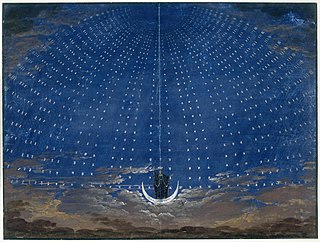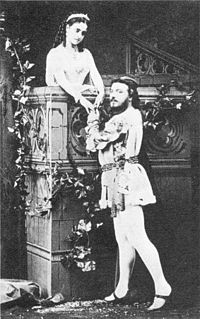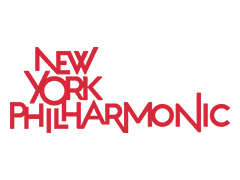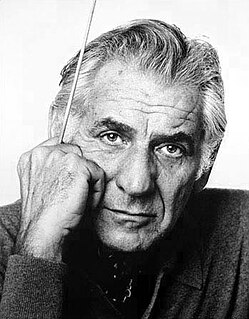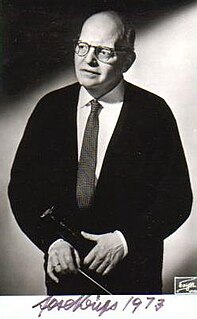Richard Thomas Gill (November 30, 1927 – October 25, 2010) was an American economist and opera singer. He held several teaching and administrative positions at Harvard University over a period of twenty-two years. He was Assistant Dean of Harvard College, Allston Burr Senior Tutor (Dean) of Leverett House, and Teaching Fellow, Instructor, and Assistant Professor of Economics. In 1963, he received tenure as Lecturer on Economics and Master of Leverett House.

An economist is a practitioner in the social science discipline of economics.

Harvard University is a private Ivy League research university in Cambridge, Massachusetts, with about 6,700 undergraduate students and about 15,250 post graduate students. Established in 1636 and named for its first benefactor, clergyman John Harvard, Harvard is the United States' oldest institution of higher learning, and its history, influence, and wealth have made it one of the world's most prestigious universities.

Leverett House is one of twelve undergraduate residential Houses at Harvard University. It is situated along the north bank of the Charles River in Cambridge and consists of McKinlock Hall, constructed in 1925; two 12-story towers completed in 1960; and two floors of 20 DeWolfe Street, a building Leverett shares with two other houses at Harvard. It has the largest student population within the Harvard house system.
Contents
Gill was born on November 30, 1927, in Long Branch, New Jersey. Though he did not study voice formally, Richard was a boy soprano in his church choir and played the clarinet. At 16 he entered Harvard, where he sang in the glee club. Gill left Harvard to serve in the United States Army where he saw duty during the American Occupation of Japan. After completing his military service, he returned to Harvard, where he completed his undergraduate degree in 1948. He came back to Harvard after doing graduate work in philosophy at the University of Oxford and was named an assistant dean at Harvard at the age of 21. He earned a Ph.D. in economics from the university in 1956. [1]

Long Branch is a beachside city in Monmouth County, New Jersey, United States. As of the 2010 United States Census, the city's population was 30,719, reflecting a decline of 621 (-2.0%) from the 31,340 counted in the 2000 Census, which had in turn increased by 2,682 (+9.4%) from the 28,658 counted in the 1990 Census.

The United States Army (USA) is the land warfare service branch of the United States Armed Forces. It is one of the seven uniformed services of the United States, and is designated as the Army of the United States in the United States Constitution. As the oldest and most senior branch of the U.S. military in order of precedence, the modern U.S. Army has its roots in the Continental Army, which was formed to fight the American Revolutionary War (1775–1783)—before the United States of America was established as a country. After the Revolutionary War, the Congress of the Confederation created the United States Army on 3 June 1784 to replace the disbanded Continental Army. The United States Army considers itself descended from the Continental Army, and dates its institutional inception from the origin of that armed force in 1775.

The Allied occupation of Japan at the end of World War II was led by General Douglas MacArthur, the Supreme Commander of the Allied Powers, with support from the British Commonwealth. Unlike in the occupation of Germany, the Soviet Union was allowed little to no influence over Japan. This foreign presence marks the only time in Japan's history that it has been occupied by a foreign power. The country became a parliamentary democracy that recalled "New Deal" priorities of the 1930s by Roosevelt. The occupation, codenamed Operation Blacklist, was ended by the San Francisco Peace Treaty, signed on September 8, 1951, and effective from April 28, 1952, after which Japan's sovereignty – with the exception, until 1972, of the Ryukyu Islands – was fully restored.


